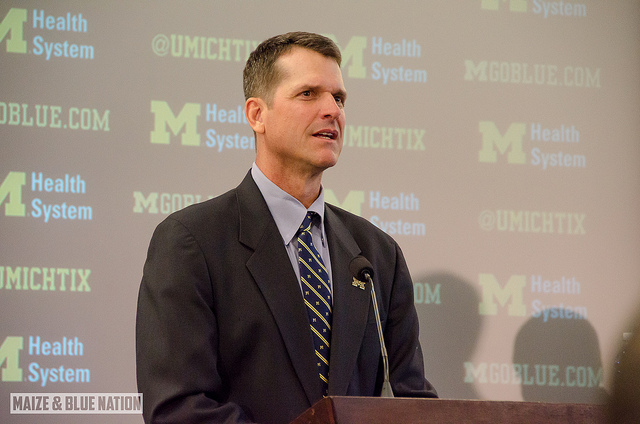Until 2012, I had no interest in football, professional or otherwise. I would check in during the Superbowl, and then that was mainly for the commercials. I just wasn’t feeling it. Running the ball seemed like the absolute most boring thing ever. Like, 2 or 3 yards per carry? For who? For what? But, for whatever reason, I was fascinated by this issue of why the Jets were bothering with Timothy Richard Tebow. Anyway, I watched football more regularly that season, and was intrigued by the stories of about the explosion of Black quarterbacks. Robert Griffin III was tearing up the scene, along with Russell Wilson. Then on November 11, 2012, Alex Smith was concussed, and San Francisco 49ers coach Jim Harbaugh brings in this brother, Colin Kaepernick, a quarterback from Nevada selected in the second round. Soon thereafter, stories were published intimating that he was a thug and the narrative about how he wasn’t what a quarterback was “expected” to be began to proliferate. In other words, what I have come to recognize in sports as standard dog-whistle racist fare.
The study of racism is my passion. I am wholly committed to understanding it thoroughly so as to find the best strategies to minimize its impact on the Black community. Consequently, this issue of racism relative the quarterback position was quite intriguing. It was refreshing that Kaepernick was his own man and did not engage in the kind of respectability politics that often accompany Blacks in his position—one in which they occupy a position or post which very few Blacks have held, or which has traditionally been reserved for white people. Kaepernick was a proud Black man and played the position on his own terms—which commanded respect. So what does this have to do with Jim Harbaugh?
Well, in 2012 I respected that Harbaugh stuck with Kaepernick and did not allow himself to be controlled by the racist narrative surrounding his decision to do so. Instead, Harbaugh focused on Kaepernick’s dedication to excellence, performance and drive. All season long I learned, both through commentary and my own research, about the history of Black quarterbacks and the obstacles they face. I listened to then, and still listen to now, commentators who regularly make dog-whistle racist comments about Black quarterbacks, such as criticism about their ability to read defenses, a subtle disparagement of their intelligence that is not levelled with anywhere near the same regularity against the plethora of mediocre, “lunch pail” white quarterbacks. The other popular dog-whistle reference Black quarterbacks includes statements from which the viewer and reader are to infer the inherent superiority of pocket passers and the inherent inferiority of “mobile” or “dual threat” quarterbacks—with the exception of Steve Young, of course. Of course. Harbaugh ignored all of that noise and focused on Kaepernick the quarterback, and the skills he possessed.
And now, I respect Harbaugh’s most recent stance and comments regarding Kaepernick during an interview with MMQB wherein Harbaugh stated that Kaepernick was a hero and a special person for using his platform to raise the issue of racism via his national anthem protests. This is a departure from Harbaugh’s comments back in August 2016 immediately following reports of Kaepernick’s refusal to stand for the national anthem when Harbaugh objected to Kaepernick’s “method” of protest—a clear example of DD Tactic 3. While Harbaugh credits his players at the University of Michigan for bringing him around to his current position, the fact of the matter is that given Harbaugh’s close relationship with and knowledge of Kaepernick as an individual, he should never have waivered in his faith in Kaepernick’s actions to begin with. Still, I give Harbaugh credit for being introspective, intelligent, and humble enough to evolve and recognize Kaepernick’s protests and subsequent philanthropic efforts for the extraordinarily heroic actions that they indeed are.



